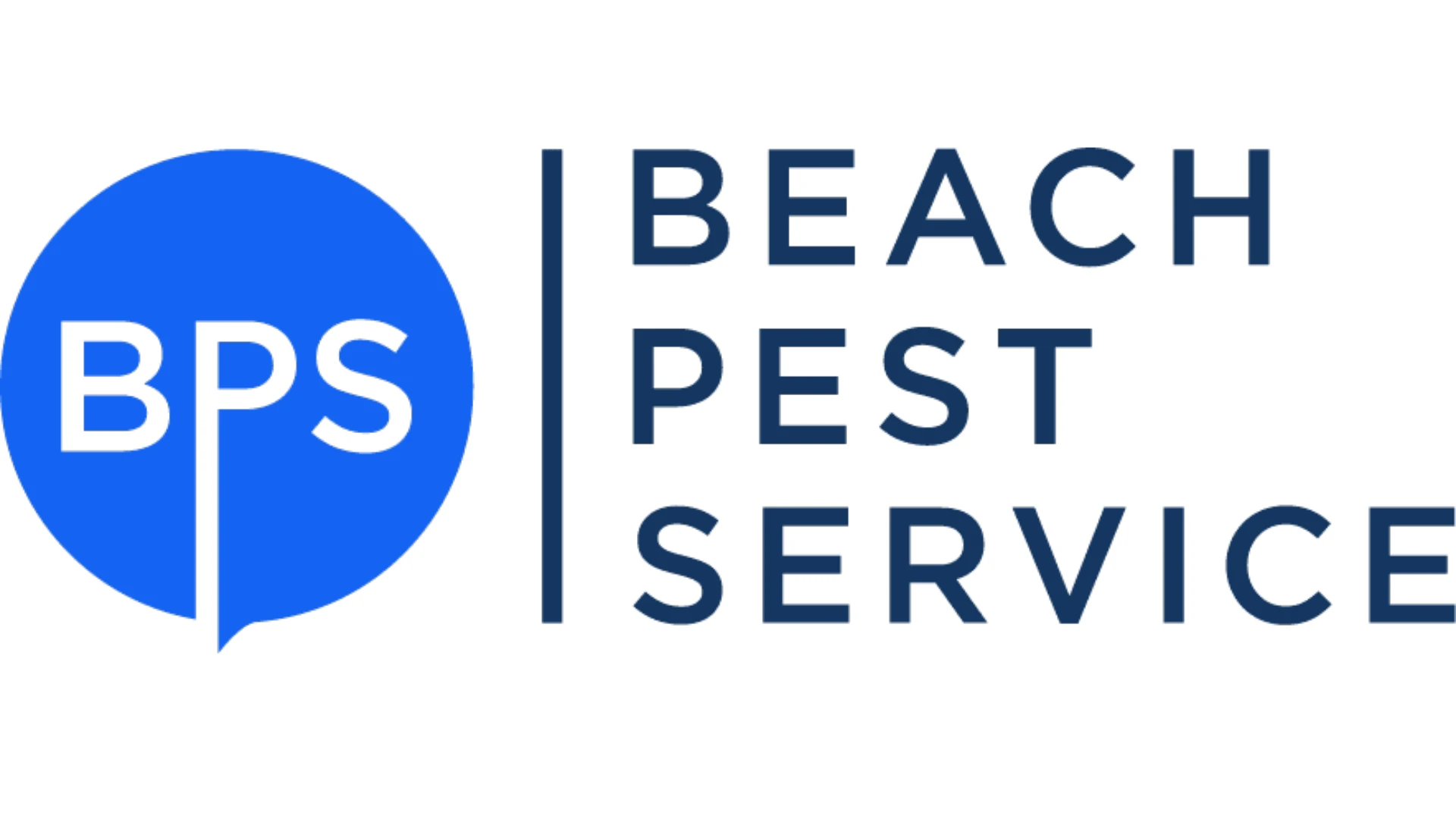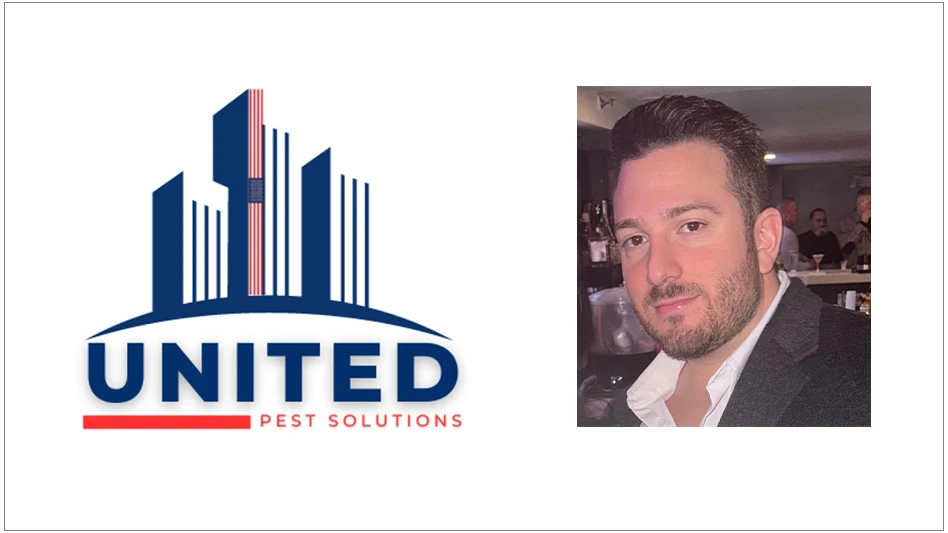One of the nation's worst incidents of household pesticide contamination finally reached some closure this spring. Lutellis Kilgore of Elyria, Ohio, pleaded guilty to 12 counts, including applying pesticides inconsistent with the label, making a false statement concerning the use of pesticides, and, of course, using a restricted-use pesticide without an Ohio applicators license.
You may be wondering what, if anything, this situation has to do with your pest control business. To you, maybe this case is just one more thorn in your side, or yet another round of ammunition for the media to use against the pest control industry. After all, you are a licensed pest control operator. You are holding up your end of the deal where regulations are concerned. You spend thousands of dollars each year making sure your employees are well-trained and have the resources they need to provide quality pest control services. But it may not be enough when a case like this comes along that threatens to taint the rest of the industry.
In actuality, and for whatever reason, this case did not receive much national news coverage. And yes, the case against this Ohio man is an exception to the rule, something out of the ordinary in the pest control industry. Besides the fact that he was not licensed, Kilgore was using methyl parathion, a highly toxic insecticide registered for use on agricultural crops. The case required involvement by the EPA, which was concerned that human health and the environment were threatened. According to Heidi Valetkevitch, a public information officer for the EPA, 233 of the homes Kilgore treated had to be cleaned and restored because of concerns over the long-term health effects on the occupants. Several other government agencies and organizations were involved in the cleanup, including the Centers for Disease Control and Prevention, the U.S. Coast Guard, the Ohio Department of Agriculture, and the American Red Cross.
But Kilgore did have something in common with practically every other pest control company doing business today: At least for a while, he had managed to win the trust of his customers. And as most businesspeople know, trust is something that is often hard to come by. But, as this case shows, blind trust is worse than receiving no trust at all.
Kilgore had been conducting "business" for some time before he was convicted of any crime, and what's more, he was well-known and liked in the community, according to the EPA's Valetkevitch. Most, if not all, of his business came from referrals from satisfied customers. And because his customers trusted him, it apparently never occurred to them to ask if he was licensed, or to ask if the chemicals he was using were registered for use in their homes. To them, he was a professional. A customer finally alerted authorities in October 1994, when a treatment for ants also killed squirrels and a neighborhood cat.
Homeowners and those who hire pest control firms don't always ask if a firm is licensed or insured, or if the products they are using are approved for a particular application. Maybe they don't care, or maybe they just assume the company is reputable. Maybe a referral from a neighbor or friend is all it takes to prove that a company is legitimate and does quality work.
But as keepers of the industry, PCOs should be concerned when they don't hear the critical questions being asked, or when they come across a competitor that doesn't seem to play by the rules. PCOs, after all, are in the best position to hear about unqualified individuals doing business in their industry. Perhaps this is why regulators depend on PCOs to make them aware of unusual situations. This not only protects home and business owners, but it also protects the industry against the aggressive regulation that tends to result from unusual, out-of-the-ordinary incidents. And in the long run, such proactive industry efforts preserve the business that might otherwise be lost from once-trusting, once-bitten customers.
Lisa Josof is associate editor of PCT.

Explore the June 1996 Issue
Check out more from this issue and find your next story to read.
Latest from Pest Control Technology
- Fleetio Launches Automotive Service Excellence Scholarship
- WorkWave Appoints John Phelan as CTO
- PMPs Use Capitol Hill Visits to Push for Preemption
- 20 Trapping Tips
- Truly Nolen Opens Two Florida Franchises
- David Cooksey PestVet of the Year, Policy Person of the Year Recognized
- Pink Pest Solutions Opens New Kansas City Office
- GA Dept. of Ag Experts Urge Reporting of Yellow-legged Hornet Embryo Nests





